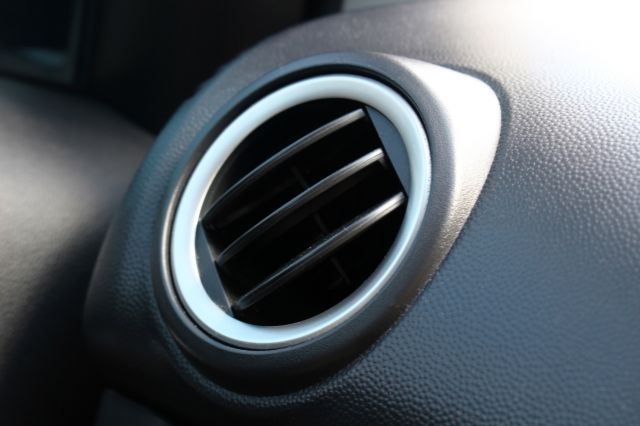There’s nothing worse than getting into your car on a cold winter’s morning and turning on the car heater, only to have nothing happen. Or even worse, the air blowing through the vent is coming out cold! This is especially true in Ft. Collins, Colorado, where the morning temperatures can be downright frigid! Car heater problems can arise when you least expect it, and if not addressed, can result in further damage of your vehicle engine.
Your car’s heater is actually part of the vehicle cooling system. When something goes wrong in the cooling system, it can negatively affect the heater inside your vehicle. Let’s briefly examine how the heater works:
- When your vehicle is operating, the moving parts in the engine create a significant amount of heat.
- To compensate for the heat, the vehicle’s cooling system has a series of components such as pumps and hoses that are designed to cool the engine.
- These hoses and pumps circulate fluids like water and chemical coolants through the engine to maintain a safe temperature.
- The cooling system is designed to send heated fluids through a heater core in your vehicle that circulates the heated coolants over a fan. This heated air subsequently blows into your interior cabin through the vents, keeping you warm on a cold winter’s day.
Most car heater issues start with a problem part or mechanism of the cooling system. Let’s review the more common problems you might experience with your vehicle heater and some possible ways to address them.
Radiator Coolant: The radiator is connected to the vehicle cooling system. Sometimes the fluid may go below required levels or the radiator may even have a leak. You can easily check how much coolant is in your radiator by opening the radiator cap when the engine is cooled down. If it is lower than what is required, simply add more radiator fluid according to your vehicle’s operating manual and guidelines. Keep an eye out for any continued reduction in fluids as that might indicate a radiator leak. If you keep having to add fluids, bring your vehicle to our auto repair shop in Ft. Collins.
Thermostat: To maintain an adequate temperature in the engine, your vehicle has a thermostat to continuously measure the fluid temperature. Sometimes a thermostat may become stuck or is not functioning properly, resulting in inaccurate temperature information for your vehicle. These temperature issues can impact how your heater is working. In these situations, it is advisable to have the thermostat replaced.
Heater Control: Your vehicle has something called the heater core which is the component that exchanges the heat from fluids into the air that warms your interior cabin. If the heater control valve that manages the flow of fluids in the core is not functioning, it will not circulate the fluids through the core. The control valve may need to be repaired or replaced.
Heater Core: The heater core contains the tube that circulates warm coolant over a fan that blows into your vehicle’s interior cabin. Sometimes the tube may be blocked by debris that prevents the free-flow of fluids. In this situation, the heater core should be cleaned to remove any debris and allow the fluids to move through the heater core.
Blower Motor: The fan that blows the heated air into your interior cabin can sometimes be faulty or inoperative. If you are not getting any air coming from the vent when turning on the blower, this may be the issue. You may need to have the motor repaired or replaced.
Heater Hose: The winding hose that runs through the heater core is what carries the heated fluid through the core and over the fan. When the fan blows over the hose, it circulates heated air into your vehicle. Sometimes this hose can become kinked or twisted and may need to be repaired or replaced.
Because the heater is part of your vehicle’s overall cooling system, neglect can lead to more serious issues and repairs. If you think you have a problem with your heater, do not hesitate to have it checked out by the professionals at Campus Repair. Our technicians can fully inspect any heater or cooling system issues and make the necessary repair or replacement recommendations. Contact us today or stop by the shop.

